Category: Learning
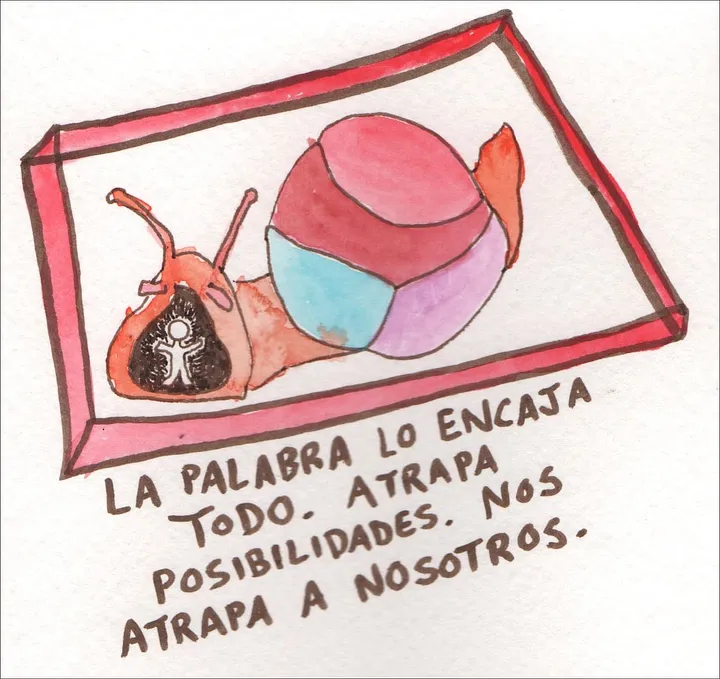
Secretamos la concha / We secrete the shell
Un ensayo ilustrado sobre el conocimiento / An illustrated essay on knowledge. Mini-illustrations about not grabbing too tight and instead growing that which we’ll carry with us. In English (plain text) and Spanish (in images).
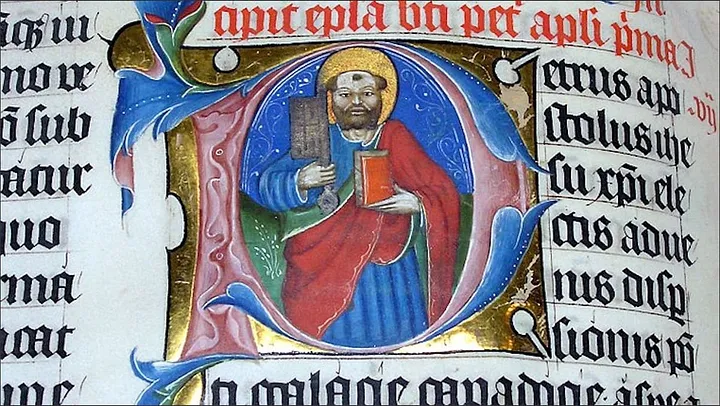
Why do politicians ‘swear in to office’ on a Bible?
Doing so is supposed to appear solemn, but it can’t really bind them to their promise. The politician may not believe God holds them accountable for promises on a Bible. Swearing in on a Bible only shows the cultural power of Christianity.

Do we shine a light into the dark ages…
…or does it illuminate what we know of ourselves? Gabriele and Perry’s ‘Bright Ages’. We might see a time that isn’t “isolated, savage, primitive,” but “messy and human.” Studying medieval Europe can teach us more about ourselves.
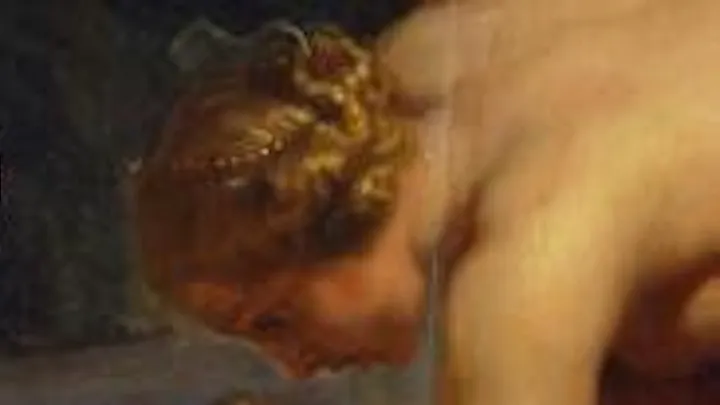
What do we talk about when we talk about vaccines?
The 2014 book ‘On Immunity’ by Eula Biss. ‘On Immunity’ reflects on the human immune system and on vaccination. There are broad philosophical implications: balance, safety, interdependence.
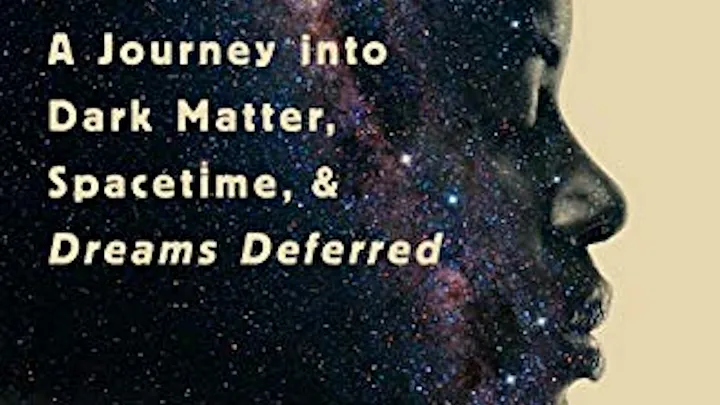
3 things I learned from ‘The Disordered Cosmos’
Dr. Chanda Prescod-Weinstein’s 2021 book on physics and identity. Dr. Chanda Prescod-Weinstein shares meta-insights about how science and society can prevent us from asking questions and obtaining insights. Who’s included?
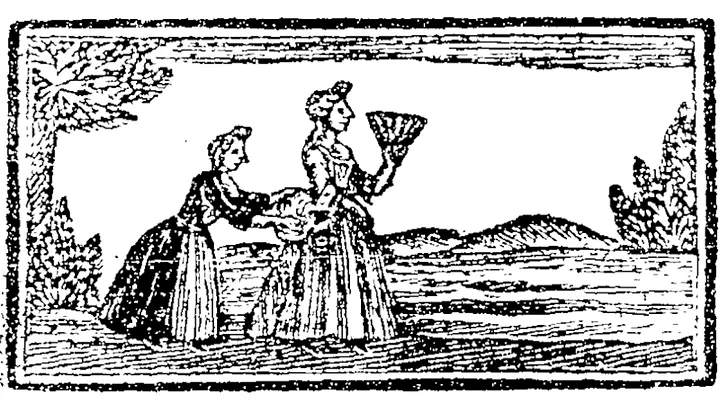
Does Moll Flanders know whether her mother is cheerful?
The Gettier problem in Daniel Defoe’s novel. Moll’s justified true belief (“My mother was a mighty cheerful, good-humoured old woman”) wasn’t knowledge. The novelist put an irony there.

Secretamos la concha / We secrete the shell
Un ensayo ilustrado sobre el conocimiento / An illustrated essay on knowledge. Mini-illustrations about not grabbing too tight and instead growing that which we’ll carry with us. In English (plain text) and Spanish (in images).

Why do politicians ‘swear in to office’ on a Bible?
Doing so is supposed to appear solemn, but it can’t really bind them to their promise. The politician may not believe God holds them accountable for promises on a Bible. Swearing in on a Bible only shows the cultural power of Christianity.

Do we shine a light into the dark ages…
…or does it illuminate what we know of ourselves? Gabriele and Perry’s ‘Bright Ages’. We might see a time that isn’t “isolated, savage, primitive,” but “messy and human.” Studying medieval Europe can teach us more about ourselves.

What do we talk about when we talk about vaccines?
The 2014 book ‘On Immunity’ by Eula Biss. ‘On Immunity’ reflects on the human immune system and on vaccination. There are broad philosophical implications: balance, safety, interdependence.

3 things I learned from ‘The Disordered Cosmos’
Dr. Chanda Prescod-Weinstein’s 2021 book on physics and identity. Dr. Chanda Prescod-Weinstein shares meta-insights about how science and society can prevent us from asking questions and obtaining insights. Who’s included?

Does Moll Flanders know whether her mother is cheerful?
The Gettier problem in Daniel Defoe’s novel. Moll’s justified true belief (“My mother was a mighty cheerful, good-humoured old woman”) wasn’t knowledge. The novelist put an irony there.
